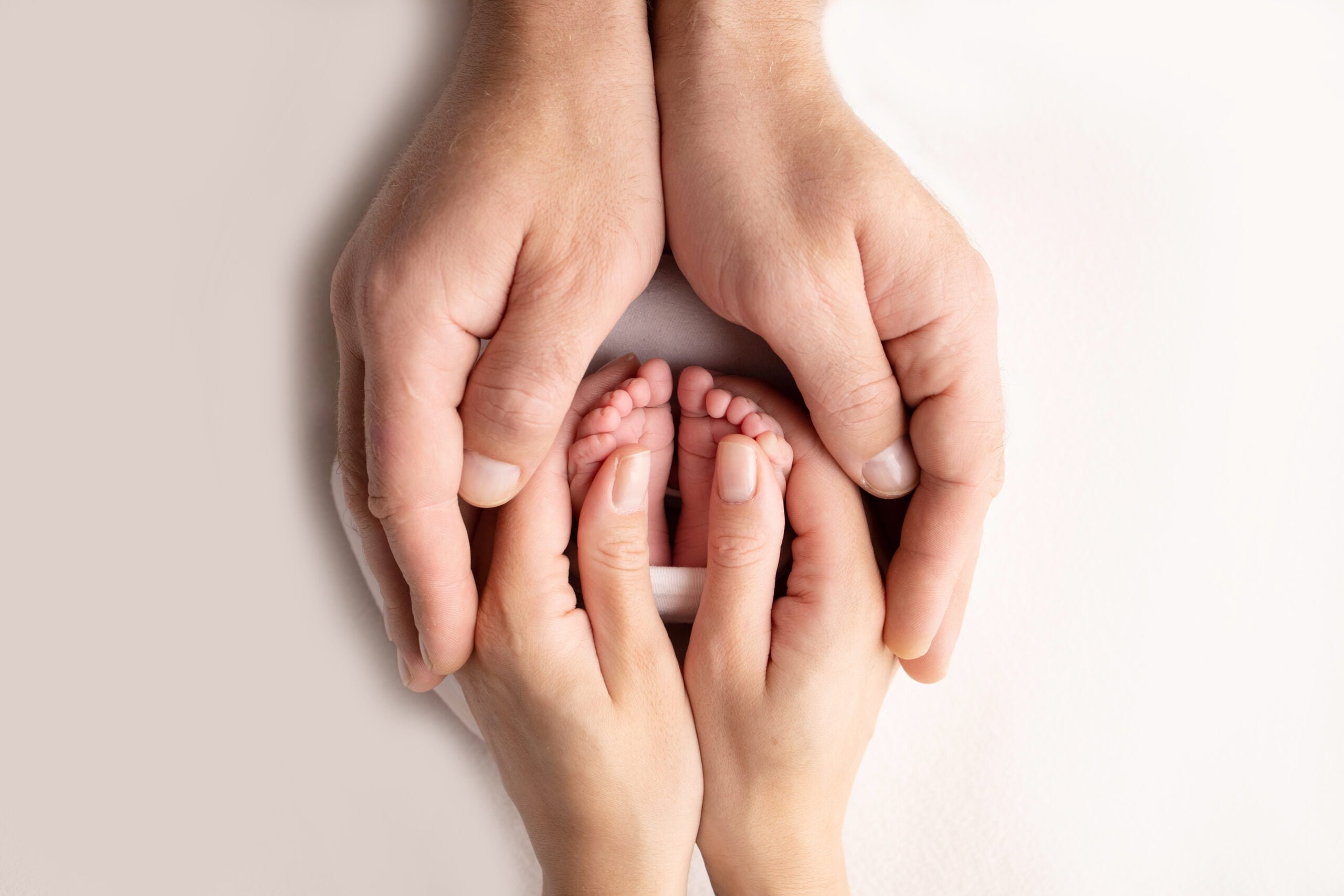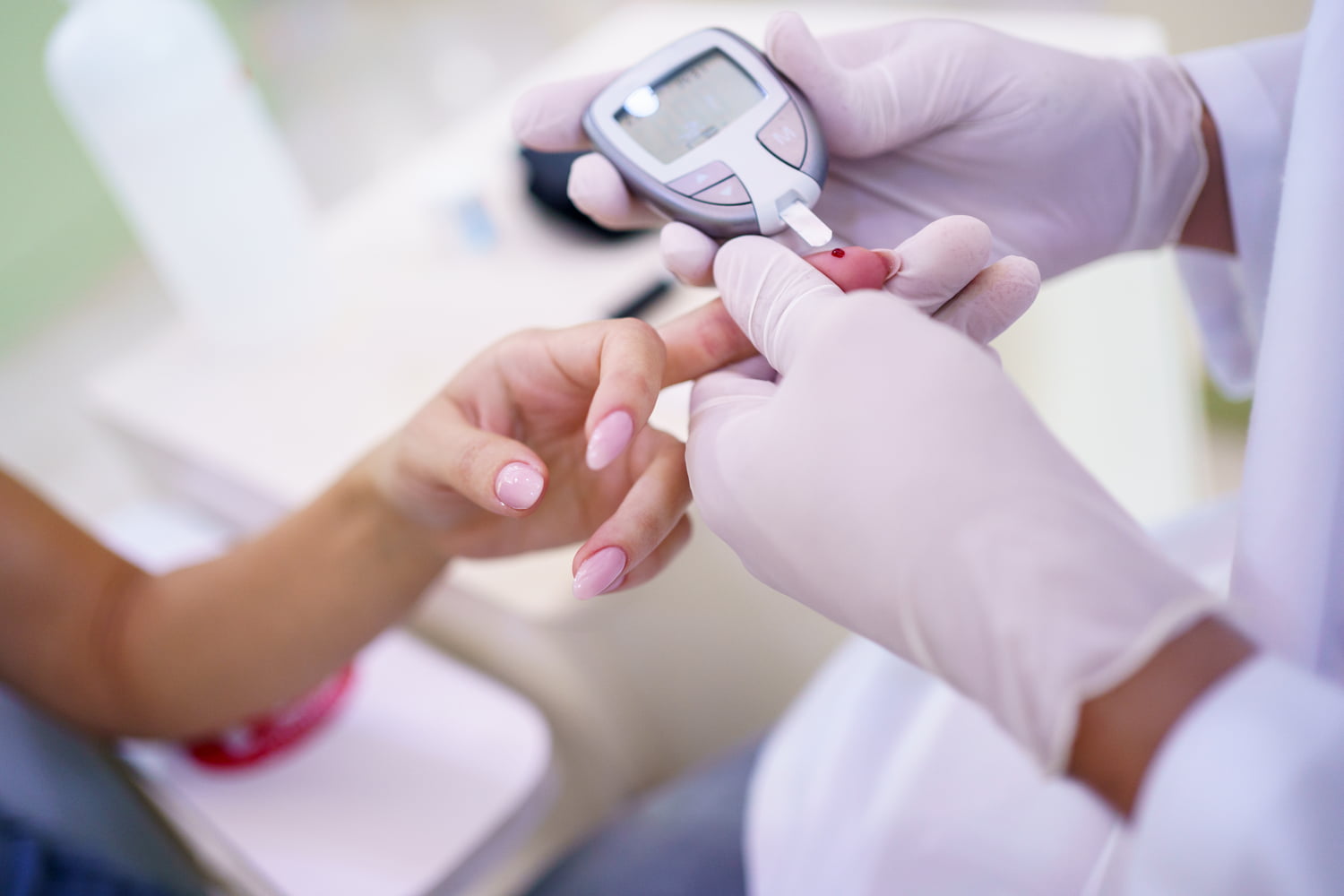Infertility is an issue that is commonly experienced by many newlyweds who are concerned about starting a family. In Malaysia, about 10 to 15% of adults in the reproductive age range (18-40 years old) experience infertility.
What does female infertility mean?
Female infertility refers to the inability to conceive or get pregnant after trying for a period of over a year or without the use of contraceptives. There are a myriad of causes for infertility in women that may be hard to identify at first glance. According to statistics, up to one in four couples who experience infertility issues cannot find the root cause of it.
However, if we take a close look at a diagram of a woman’s reproductive organs, we may be able to narrow down the specific areas affected to pinpoint the underlying cause.
Ovulation Disorders
Ovulation disorders are one of the main causes of female infertility, affecting 25% of women. The process of ovulation or of the ovary releasing an egg can be disrupted through unhealthy cycles or hormones, leading to a lack of eggs or eggs not being produced at all.
Ovulation disorders can range –
Polycystic Ovary Syndrome (PCOS)
A condition where the ovaries produce many small follicles and hormones are imbalanced, disrupting ovulation. Women with PCOS have an excess of androgens, hormones typically present in men at higher levels which disrupts their female hormones. This can be difficult for pregnancy.
Thyroid Disorders
Hyperthyroidism or hypothyroidism can disrupt ovulation cycles, cause a luteal phase and affect the quality of ovarian eggs. This means irregular periods and an unsuitable environment for conception in the uterus.
Hypothalamic Dysfunction
The hypothalamus is a part of the brain that helps regulate hormones involved in ovulation. Conditions like stress, eating disorders, or excessive exercise can affect the hypothalamus and disrupt ovulation.
Primary Ovarian Insufficiency (POI)
Also known as premature ovarian failure, POI occurs when the ovaries stop functioning normally before age 40. This can cause irregular or absent periods and reduced fertility.
Fallopian Tube Problems
Blocked or damaged fallopian tubes can prevent eggs from meeting sperm, thus hindering fertilization. There are a few ways fallopian tube problems can occur but some of the most common causes include –
Pelvic Inflammatory Disease (PID)
STI infections that cause inflammation and scarring in the fallopian tubes. PID is typically treated with antibiotics to eliminate bacterial infection.
Endometrial tissue growth outside the uterus can cause scarring and blockages. This tissue also undergoes hormonal changes similar to the uterine lining during the menstrual cycle. This inflammatory environment can be harmful to sperm and eggs, hindering fertilization.
History of Pelvic Surgery
Surgery on pelvic organs can cause scarring and damage to the fallopian tubes, blocking the already narrow path.
Uterine and Cervical Issues

The health of the uterus and cervix also plays a crucial role in women’s fertility. Common causes of uterine and cervical issues include —
Uterine Fibroids
Tumors growing inside or around the uterus can interfere with embryo implantation. Fibroids can alter the cervix’s shape, potentially hindering sperm from reaching the uterus. A distorted uterine cavity due to fibroids can disrupt sperm and embryo movement, making it harder for fertilization to occur or for the embryo to reach the implantation site.
Small growths inside the uterus that can interfere with fertility. Polyps can create a physical barrier, an uneven surface and even trigger inflammation in the uterine lining, making it difficult for a fertilized egg to implant properly.
Structural Abnormalities
A normally shaped and functioning uterus is crucial for successful pregnancy. Congenital uterine malformations, meaning abnormalities present at birth, or structural issues, can affect fertility. For example, due to reduced implantation space, abnormal blood flow or potential miscarriage risks.
Age and Lifestyle Risk Factors
Age is a significant factor in women’s fertility. Fertility naturally declines with age, especially after age 35. Quality and quantity of eggs decrease with increasing age. Additionally, the risk of miscarriage and pregnancy complications increases with age.
Lifestyle factors and general health also affect women’s fertility. Negative factors include smoking, excessive alcohol and drug use, or excessive stress. Reducing these factors is the first step in preventing infertility issues in women, along with medical treatment and doctor’s advice.
Treatment Options for Infertility Causes
Get the right treatment at Klinik Casabrina. Our experienced and expert gynecologists can recommend proactive steps to identify your fertility issues and provide suitable treatment to tackle underlying problems.
Some diagnostic tests you may want to consider —
Blood Tests: Hormone levels like estrogen, progesterone, and LH can be checked to understand ovulation function.
Pelvic Ultrasound: This painless test uses sound waves to create images of the uterus, ovaries, and fallopian tubes. It can help identify abnormalities like fibroids, polyps, or blockages.
Laparoscopy: This minimally invasive surgical procedure allows direct visualization of the pelvic organs to diagnose endometriosis, scarring, or other abnormalities.
Hysteroscopy: A thin scope is inserted through the cervix to examine the inside of the uterus for polyps, fibroids, or other issues.

To put it simply, female infertility can be caused by various factors involving ovulation disorders, fallopian tube issues, uterine and cervical problems, age-related factors, and lifestyle. With appropriate medical assistance and support, many women can achieve their dreams of motherhood.





